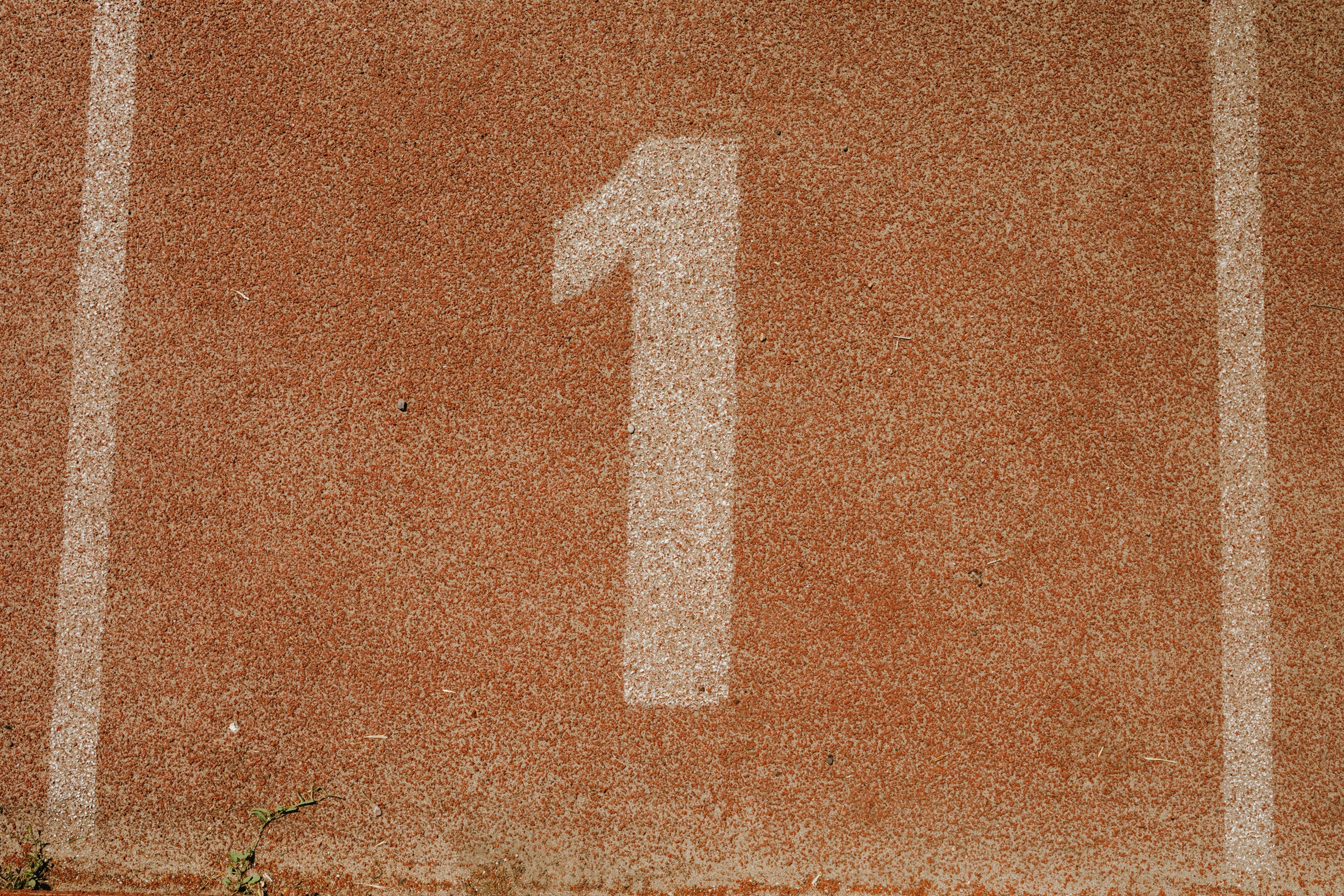High performers rarely get called out for their addictions.
You’re not numbing out with substances. You’re not self-sabotaging. You’re winning. And you’re doing it at a level most people couldn’t sustain for a month, let alone years.
But here’s the catch: just because your addiction is praised doesn’t mean it’s not real.
You might not be addicted to the win itself. You might be addicted to the relief the win gives you.
That fleeting moment where the doubt quiets. Where the noise in your head stills. Where—for a breath—you feel enough.
And then it vanishes. So you chase it again.
The variable reward loop of achievement
Some calls it the dopamine see-saw. Every spike comes with a drop. And achievement addiction is the perfect example.
You’re not chasing success because you love the feeling of success. You’re chasing it because you’ve tied your internal safety to external proof.
It works like this:
· You feel unsettled or inadequate.
· You set a goal to fix that feeling.
· You achieve it. Brief relief.
· The feeling creeps back.
· So you set a bigger goal.
And the cycle continues.
This is how high-functioning pain hides.
It looks like ambition. It sounds like discipline. It wears a mask of control.
But underneath, there’s a nervous system that never fully lands. A mind that can’t sit still without a target. A heart that forgot what it's like to feel enough without a scoreboard.
And because it looks like excellence, no one questions it. Which makes it even harder for you to question it.
So what do you do?
You don’t fight the loop with more effort. You disrupt it with clarity.
You notice the moment where the drive tips into desperation. Where the pursuit stops being energizing and starts being self-soothing. Where pressure replaces purpose.
And you pause. Not to give up the edge. But to reclaim the reason you're using it.
Because you're not here to outrun yourself. You're here to build something that actually feels like you.
You don’t have to stop achieving.
You just have to stop using achievement to fix what isn’t broken.
When you stop using success as anesthesia, something incredible happens:
You gain access to a deeper edge. One that's not reactive. Not compensating. Not frantically proving.
Just powerful. Clean. Clear.
And from that place? The goals hit harder. The results mean more. And the peace doesn’t disappear after the win.
If this feels uncomfortably familiar, Mycelium Mindset was written for you. Not to shame the chase—but to show you how to stop being ruled by it.





Share:
The High-Functioning Trap: Why Performing Through Pain Gets Applauded—and What It Costs You